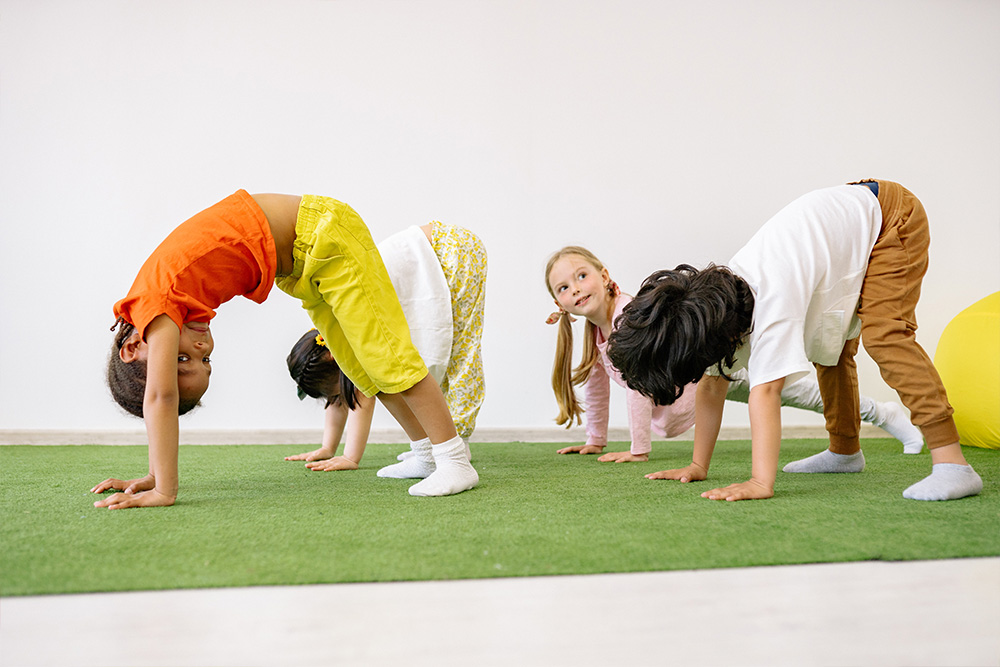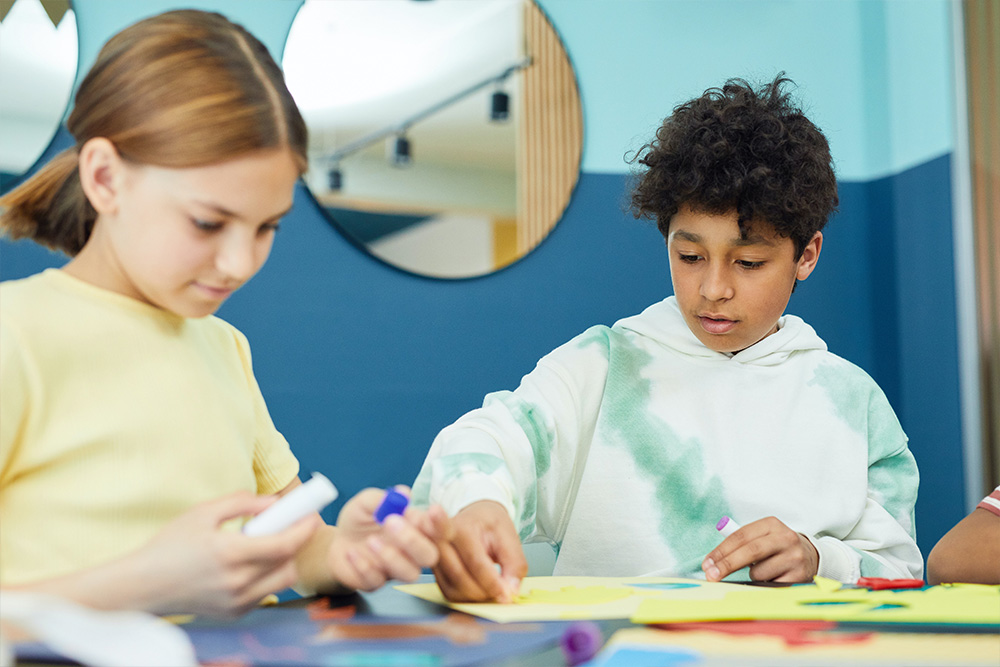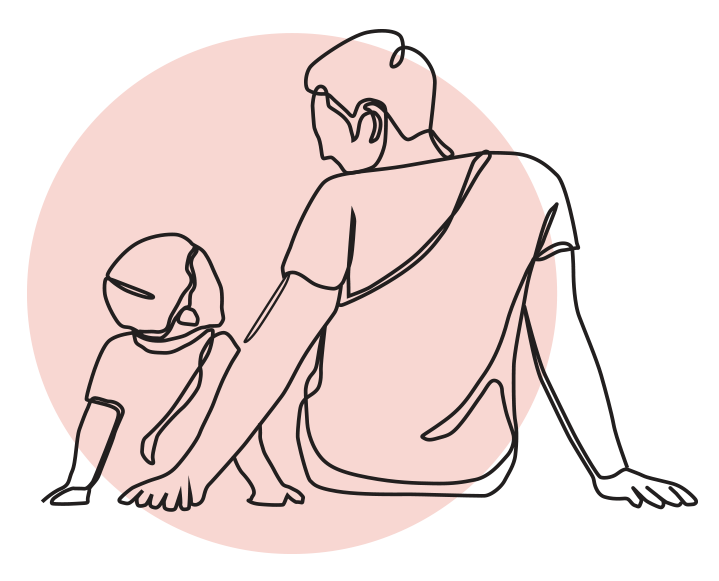Is your child exploring their sexuality or gender identity? Are you struggling to communicate with them about the subject and uncertain about how to support them during this time? Perhaps you and your partner have different approaches.
We live in a society with a diverse range of people including LGBT+ so preparing ourselves to have conversations with our children is an important part of equipping them for life in Modern Britain. Despite the high numbers, it can still be very hard for young people to come out as LGBT+ to their parents or at school and the consequences of not positively talking about LGBT+ lives can have a lasting negative impact on a child or young person’s mental health.
With the intense cultural debate around issues such as gender identification and discussions about the categorisation of sexual orientation, it can feel confusing for parents brought up in a different time. Sadly a lack of understanding can lead to alienation as communication breaks down between parents and children.
‘1 in 4 children ages 8-15 have a friend that identifies as LGBT+. 17% of the same age bracket had a family member who is LGBT+.’
YouGov, June 2021
How to talk to your children about their sexuality?
Teenagers are highly sensitive to other peoples perception and can be quickly triggered into feelings of shame or embarrassment. So tread carefully and read the signs to get the timing right. If you can find a shared TV programme or film that might raise some relevant conversations that can be a really good way to start a discussion that doesn’t feel too personal. The way you talk about other people will give a clear indication to your teens about how you might react to them if they are thinking of talking to you about their own sexuality or gender identity.
‘LGBT+ school pupils are twice as likely to have been bullied and 91% have heard negative language about being LGBT+.’
Growing Up LGBT+, 2021
Taking the trouble to do basic research so you don’t confuse terms really helps your teenager feel that you are on the same page. This opens the door to conversations that they may be afraid to start. The websites and books recommended below will give you clear, up to date information.
If you are struggling to connect with your teenager, our therapists can help you reflect on your own upbringing and discuss any anxieties you may have for your child and their future without judgment. We can help you work out how to have those difficult conversations so that you can support your child with open communication and unconditional love.
If you are a parent or carer in need of advice on helping your child with understanding their identity, our online therapists are here to help with the advice and tools you need. Book an Online Parent Consultation or get in touch with Chloe for more information.
Recommended Books
“The A-Z of Gender and Sexuality: From Ace to Ze” by Morgan Lev Edward Holleb. A dictionary guide to help dispel the anxiety around using the “wrong” words.
“What Does LGBT+ Mean?: A Guide for Young People (& Grown-Ups)” by Olly Pike. Helping young people with their LGBT+ identity.
“The Queer Mental Health Workbook: A Creative Self-Help Guide” by Dr Brendan J. Dunlop. A down-to-earth self-help workbook designed to as personal mental health resource.
Support Organisations
The Parents’ Guide to Gender Identity. A guide from the Young Minds website to help parents support a child exploring their identity.
Sexuality and Mental Health. A guide from the Young Minds website to help young adults understand their sexuality.
Pop ‘n’ Olly. LGBT+ Education for Children, Parents, Carers & Teachers. Helping primary schools teach about equality and diversity.




